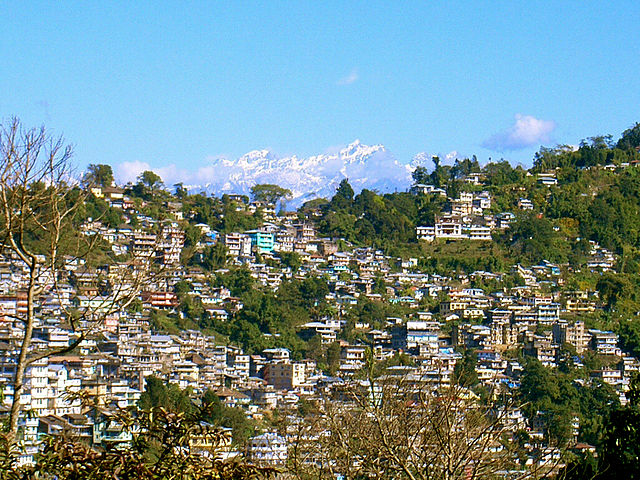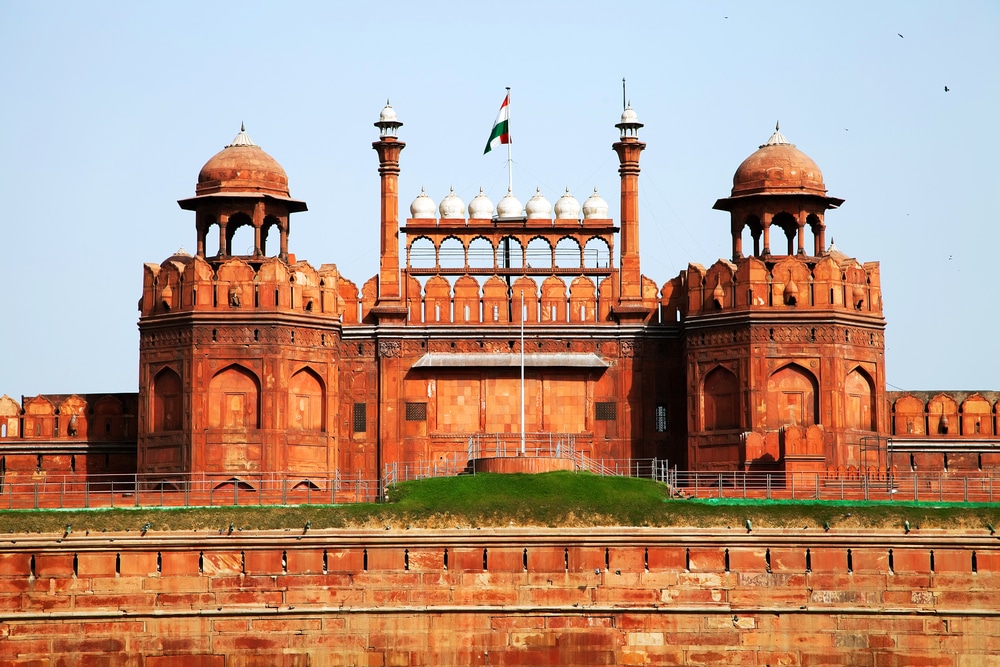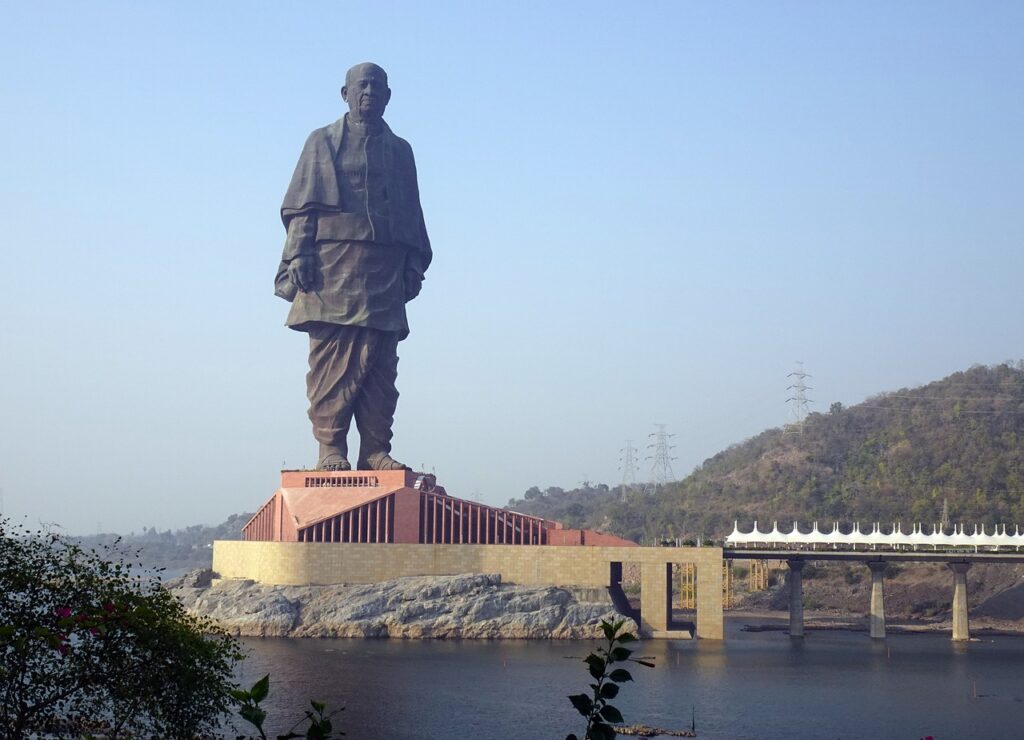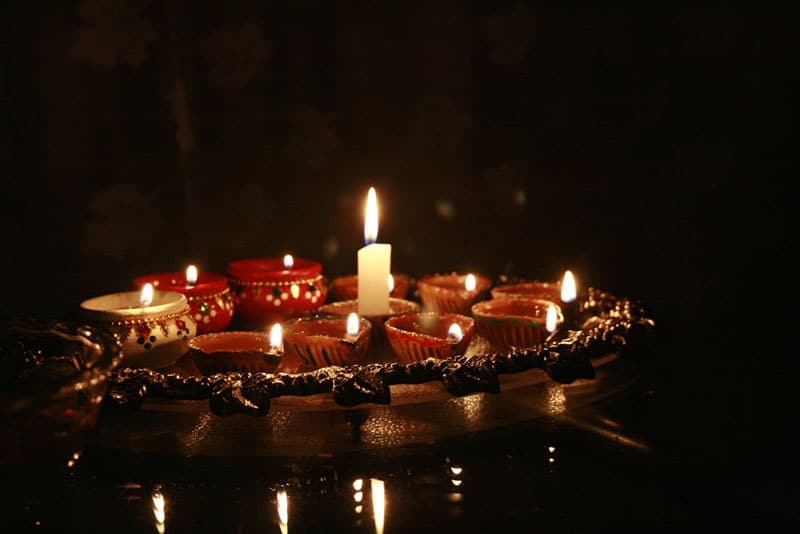Kashmir, often referred to as “Paradise on Earth,” boasts a mesmerizing blend of scenic landscapes, rich cultural heritage, and a tapestry of history that leaves visitors awe-inspired. Let’s delve into the enchanting realm of Kashmir, exploring its captivating places, diverse activities, climatic conditions, historical significance, culinary delights, accessibility, accommodation options, and essential travel tips.
Places To Visit:
- Dal Lake: A jewel in Srinagar’s crown, Dal Lake offers a surreal experience with its pristine waters dotted with houseboats and shikaras. Take a shikara ride to explore the floating gardens and witness the vibrant local life.
- Gulmarg: Known for its powdery snow and majestic landscapes, Gulmarg is a haven for winter sports enthusiasts. The Gondola ride here provides breathtaking views of the snow-capped peaks.
- Pahalgam: Nestled on the banks of the Lidder River, Pahalgam is a trekker’s paradise. The picturesque Betaab Valley and Aru Valley nearby are adorned with lush meadows and panoramic vistas.
- Shankaracharya Temple: Perched atop a hill, this ancient temple offers panoramic views of Srinagar and Dal Lake. The architectural brilliance and spiritual ambiance make it a must-visit.
- Mughal Gardens: Shalimar Bagh and Nishat Bagh, built by the Mughals, showcase exquisite Persian-style gardens with cascading fountains, vibrant flowers, and terraced lawns.
- Yusmarg: A lesser-known gem, Yusmarg captivates with its meadows surrounded by dense forests. It’s an ideal spot for a peaceful retreat away from the bustling tourist hubs.
- Betaab Valley and Aru Valley: Surrounded by snow-capped peaks, these valleys are named after the Bollywood movie “Betaab” which was shot here. The landscapes are surreal, offering opportunities for trekking and camping.
- Chashme Shahi: Known as the Royal Spring, Chashme Shahi is another Mughal garden with terraced levels and natural spring water believed to have medicinal properties.
- Awantipora Ruins: These ancient ruins are remnants of Hindu temples built by King Avantivarman in the 9th century. The intricate carvings and historical significance make it a compelling visit.
Things to do:
- Shikara Ride on Dal Lake: Glide through the calm waters of Dal Lake on a traditional shikara. Experience the floating vegetable market and marvel at the vibrant culture along the lake.
- Gondola Ride in Gulmarg: Ascend to Apharwat Peak on one of the world’s highest cable cars. The panoramic views of the snow-clad peaks are a visual treat, making it a highlight of Gulmarg.
- Trekking in Pahalgam: The surrounding hills and valleys offer numerous trekking trails, allowing visitors to immerse themselves in the breathtaking natural beauty.
- Visit the Mughal Gardens: Stroll through the meticulously manicured gardens of Shalimar Bagh and Nishat Bagh, experiencing the Mughal grandeur and enjoying a serene escape.
- Explore Betaab Valley: Named after the Bollywood movie, Betaab Valley beckons with its lush greenery, crystal-clear streams, and a peaceful environment, perfect for nature lovers.
- Enjoy a Houseboat Stay on Dal Lake: Indulge in a unique experience by staying in one of the charming houseboats on Dal Lake. Wake up to the gentle ripples and soak in the tranquility.
Climatic Conditions:
Kashmir experiences a temperate climate with distinct seasons. Summers (April to June) are mild and pleasant, making it an ideal time for sightseeing. July to September brings the monsoon, enhancing the greenery. Autumn (October to November) transforms the landscapes with vibrant hues. Winter (December to February) sees temperatures dropping below freezing, turning Kashmir into a winter wonderland.
Best time to visit:
The best time to visit Kashmir depends on your preferences. April to October is recommended for pleasant weather and outdoor activities. Winter enthusiasts seeking snow experiences should plan a visit from December to February.
How to Reach:
Kashmir is accessible by air, rail, and road.
- By Air: Srinagar International Airport is well-connected to major cities. Regular flights operate, providing convenient access to the region.
- By Rail: Jammu Tawi Railway Station is the nearest major railhead. From Jammu, one can hire a taxi or take a bus to reach Srinagar.
- By Road: National highways connect Kashmir to major cities. Buses and taxis are readily available, offering a scenic journey through picturesque landscapes.
History:
The history of Kashmir is a tapestry woven with the threads of Mughal, Sikh, and Dogra rulers. Its strategic location has made it a coveted region throughout history. Influenced by various cultures, Kashmir boasts a rich cultural and architectural heritage. The region has witnessed the rise and fall of empires, contributing to its diverse historical tapestry.
Food:
Kashmiri cuisine is a delightful blend of aromatic spices and unique flavors. Must-try dishes include:
- Rogan Josh: A flavorful lamb curry cooked with a blend of traditional spices.
- Yakhni: A yogurt-based curry usually made with chicken or mutton.
- Dum Aloo: Baby potatoes cooked in a rich and spicy gravy.
- Kashmiri Pulao: A fragrant rice dish with saffron, dry fruits, and aromatic spices.
Accessibility and Accommodation:
Kashmir offers a range of accommodation options, catering to various budgets. From luxury hotels with breathtaking views to cozy guesthouses and houseboats, there’s something for every traveler. The region is well-connected by roads, ensuring smooth accessibility to major tourist destinations.
Nearby Hotel & Restaurant:
- Vivanta Dal View: A luxury hotel overlooking Dal Lake, offering top-notch amenities and panoramic views.
- The Khyber Himalayan Resort & Spa: Nestled in the pristine surroundings of Gulmarg, this resort provides a luxurious retreat for visitors.
- Mughal Darbar: A popular restaurant in Srinagar, known for its authentic Kashmiri cuisine, offering a gastronomic delight.
- Shamyana Restaurant: Located in Pahalgam, this restaurant serves a variety of dishes, including local specialties, in a charming setting.
How To Reach:
Reaching Kashmir is convenient through various modes of transportation:
- Air: Book a flight to Srinagar International Airport.
- Rail: Reach Jammu Tawi Railway Station and proceed by road to Srinagar.
- Road: Well-maintained national highways connect Kashmir to neighboring states, making it accessible by bus or taxi.
Tourist Map:
Tourist maps are readily available at local tourism offices, hotels, and online platforms. These maps provide valuable information on key attractions, transportation routes, and local points of interest.
Distance From Major Cities:
- Srinagar to Delhi: Approximately 850 km
- Srinagar to Jammu: Around 290 km
Nearby Places:
- Sonamarg: Known as the “Meadow of Gold,” Sonamarg is a picturesque valley surrounded by snow-capped peaks, offering a serene escape.
- Dachigam National Park: Famous for its population of the endangered Hangul deer, this park is a haven for wildlife enthusiasts.
- Wular Lake: One of the largest freshwater lakes in Asia, Wular Lake is surrounded by lush greenery and offers breathtaking views.
- Manasbal Lake: Known for its pristine beauty, this lake is surrounded by gardens and orchards, making it a tranquil spot.
Tourist attraction:
Apart from the mentioned places, some additional attractions include:
- Floating Gardens: Witness the unique agricultural practices on Dal Lake, where vegetables are grown on floating platforms.
- Hazratbal Shrine: A revered Muslim shrine on the northern shores of Dal Lake, attracting devotees and tourists alike.
- Pari Mahal: Also known as the “Fairies’ Abode,” this terraced garden offers panoramic views of Srinagar.
- Chinar Bagh: A garden adorned with Chinar trees, offering a peaceful retreat.
How to:
Navigating through Kashmir is relatively easy. Local transport options include buses, taxis, and auto-rickshaws. Hiring a local guide can enhance your experience, providing insights into the culture and history of the region.
Travel Tips:
- Dress in Layers: Due to varying temperatures, especially in winter, dressing in layers ensures comfort.
- Carry Valid ID: Given the sensitive nature of the region, it’s essential to carry proper identification at all times.
- Respect Local Customs: Kashmir has a distinct culture and traditions. Respect the local customs and etiquettes.
- Weather Caution: Be cautious about sudden weather changes, especially in winter. Stay informed and plan accordingly.
- Currency and ATMs: Carry sufficient cash, as ATMs may not be readily available in remote areas. Currency exchange facilities are usually found in major cities.
FAQs:
- Is it safe to visit Kashmir?
- While the region has experienced periods of unrest, tourist destinations are generally safe. It’s advisable to stay updated on the current situation and follow travel advisories.
- What are the must-try local dishes?
- Kashmiri cuisine is rich and diverse. Don’t miss out on specialties like Rogan Josh, Yakhni, Dum Aloo, and Kashmiri Pulao.
- Are ATMs readily available?
- While ATMs are available in major cities, it’s recommended to carry sufficient cash, especially when traveling to remote areas.
In conclusion, Kashmir beckons travelers with its unparalleled beauty, cultural richness, and warm hospitality. Whether you seek adventure in the snow-clad mountains, tranquility on serene lakes, or a glimpse into history and culture, Kashmir offers an experience like no other. Plan your journey, immerse yourself in the charm of the valley, and create memories that will last a lifetime
Suggested Focus Keywords: Kashmir tourism, Dal Lake attractions, Gulmarg activities, Pahalgam trekking, Srinagar history, Kashmiri cuisine, Srinagar accommodation, Kashmir travel tips, Jammu transportation, Tourist map Kashmir.






















